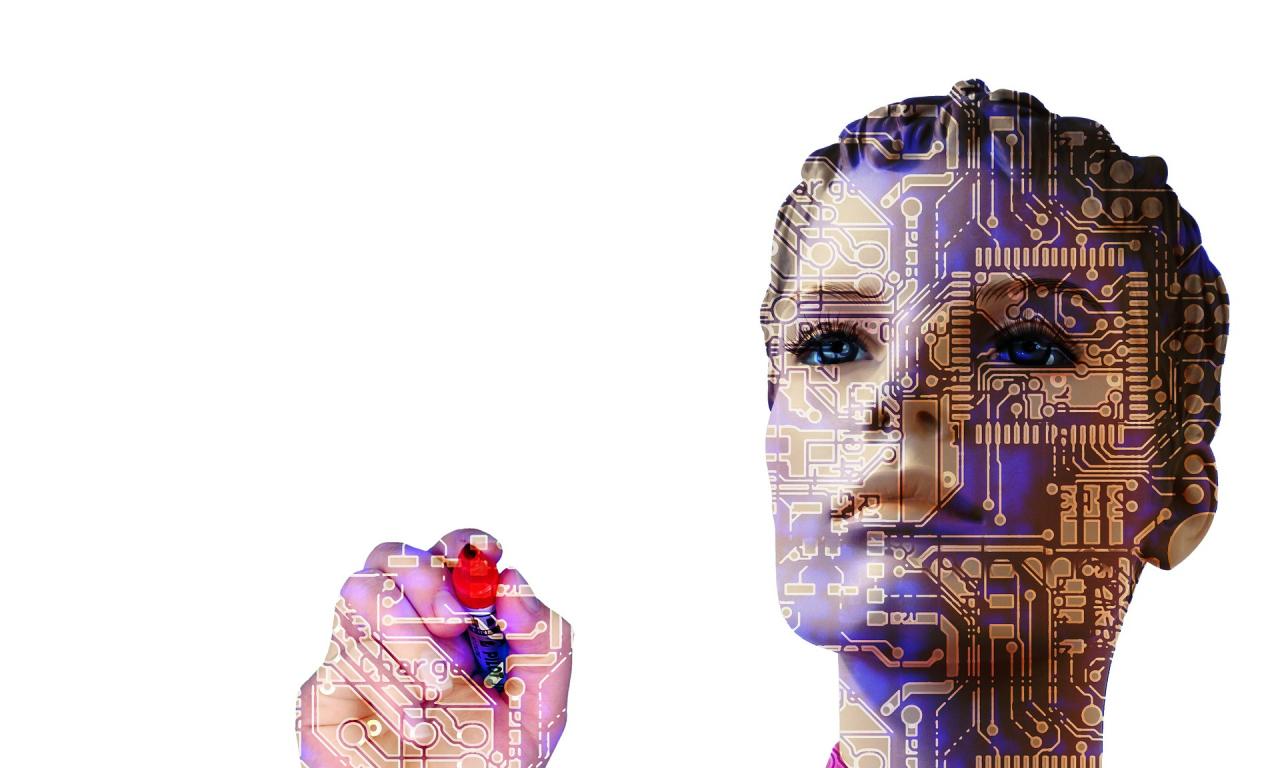So, you’ve probably heard about the rise of automation and how robotics and AI is going to replace every job. However, despite the hype, the future is positive and there will always be roles that need to be done by humans.
With this is mind, young people entering the workforce shortly will need to think about the roles of the future and how to “futureproof” their careers, taking into consideration which roles will suit them, their skills and interests.
It’s also important to gain transferable skills, as with potentially fifty to sixty years in the workforce, it’s likely you will have (or want!!) to change you job role or sector in the future, and by having these transferable skills, will make you more employable whichever path you choose.
Jobs most at risk of automation will be those with lots of repetitive elements – so think data entry, telemarketing, insurance underwriting, tax preparers – and as a result of their repetitiveness, could be learnt through computer learning algorithms.
Conversely, safer careers often include a need for a high level of expertise learnt over many years, and very often, a high level of human interaction, using skills of empathy, and understanding.
It’s important to note that although most roles that can be done by robotics will involve a redeployment of labour, rather than the total loss of a job.
So, for instance, data entry as a role will likely be lost to robotics, but someone will need to analyse the data entered, so new roles will be created for data scientists, and these people will be in demand.
What jobs are at risk?
If you’re looking for a future proof career, this list of roles has been estimated by Oxford University to have a less than 0.4% chance of being automated, so worth considering depending on your skills, education and interests.
Suggested roles include:
- Mental Health/Substance Abuse Social Workers – with a high degree of empathy, and understanding needed, these roles will be unlikely to be automated.
- Audiologists – the physical act of examining patients and their hearing, alongside empathy and understanding for patients who may be worried or concerned about their hearing will mean that these jobs stay a human role.
- Occupational Therapy – again, the physical nature of the career, alongside a need to interpersonal skills, will mean this career endures automation.
- Psychologists – understanding other humans, and their mental health, is something only another human can do!
- First-line supervisors of police/firefighters/mechanics/installers – this career needs not only great interpersonal skills and empathy, but also a great degree of creativity and strategic thinking to make efficient plans, and resolve issues along the way – which at the moment, is something humans are best at!
Is there anything else I can do?
Whatever career you choose, future proofing your skills will always help – and by developing a rounded set of transferable skills. This will help keep your CV relevant in an ever-changing world.
Top transferable skills for the future include:
- Embracing a growth mindset – by thinking of your career and skills as ever developing, and with a keenness to learn new things, you can keep one step ahead of the competition; change is good!
- Strategic thinking – being able to “think on your feet”, and an ability to develop considered, intelligent plans will be essential.
- Creativeness – with robotics and automation able to do the routine, mundane tasks, creativity will be left to humans. So being able to creatively think, plan and do will ensure your CV and skills remain relevant.
- Interpersonal skills – again, with automation taking over routine roles, jobs that require human empathy, intuition and understanding will be on the increase and in demand. Being able to work well with others will be essential.
Further information
For more tips and advice on your career, please see:




